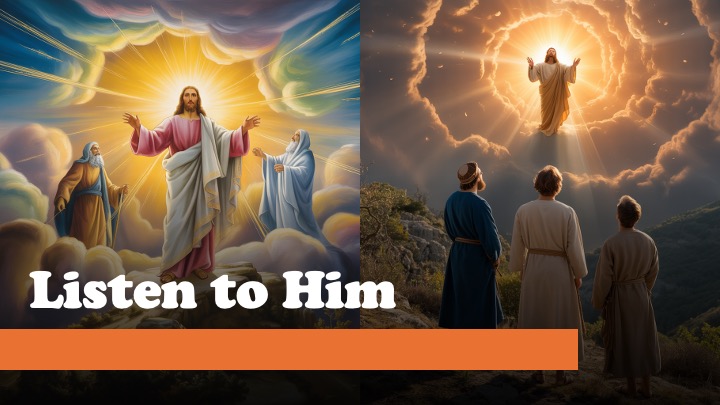At some point, during his time as a judge, Samuel, under divine guidance, established a training institute, for the purpose of guiding and preparing individuals for the prophetic ministry. This so-called “School of the Prophets” emphasized spiritual disciplines like prayer, meditation, and study of the Torah.
Hundreds of years after Samuel’s death, Elijah the Tishbite emerges as a leader of the School of the Prophets. In his first appearance in the pages of Scripture, he confronts Ahab, the wicked king of Israel. Empowered by God to speak, Elijah declares: “There shall be no dew nor rain these years, except by my word.” Essentially, in response to apostasy, attributable to Ahab and his wife Jezebel, God permits the land to be overcome by a severe drought.
After Elijah makes this declaration, God spirits the prophet away. And first by a hidden brook, and then in a foreign city, God hides him from the king and queen who want to kill Elijah.

The Transfiguration of Jesus is a profound moment of revelation, not transformation. Jesus doesn’t become something new—He unveils what He’s always been: the radiant...

While the women set to the urgent task of delivery inside the stable cave, the men, Simon and Joseph, shared a tense, bonding moment...

We continue with “Perspectives on Easter” – our series focused on the people who played both major and minor roles in the Easter narrative,...